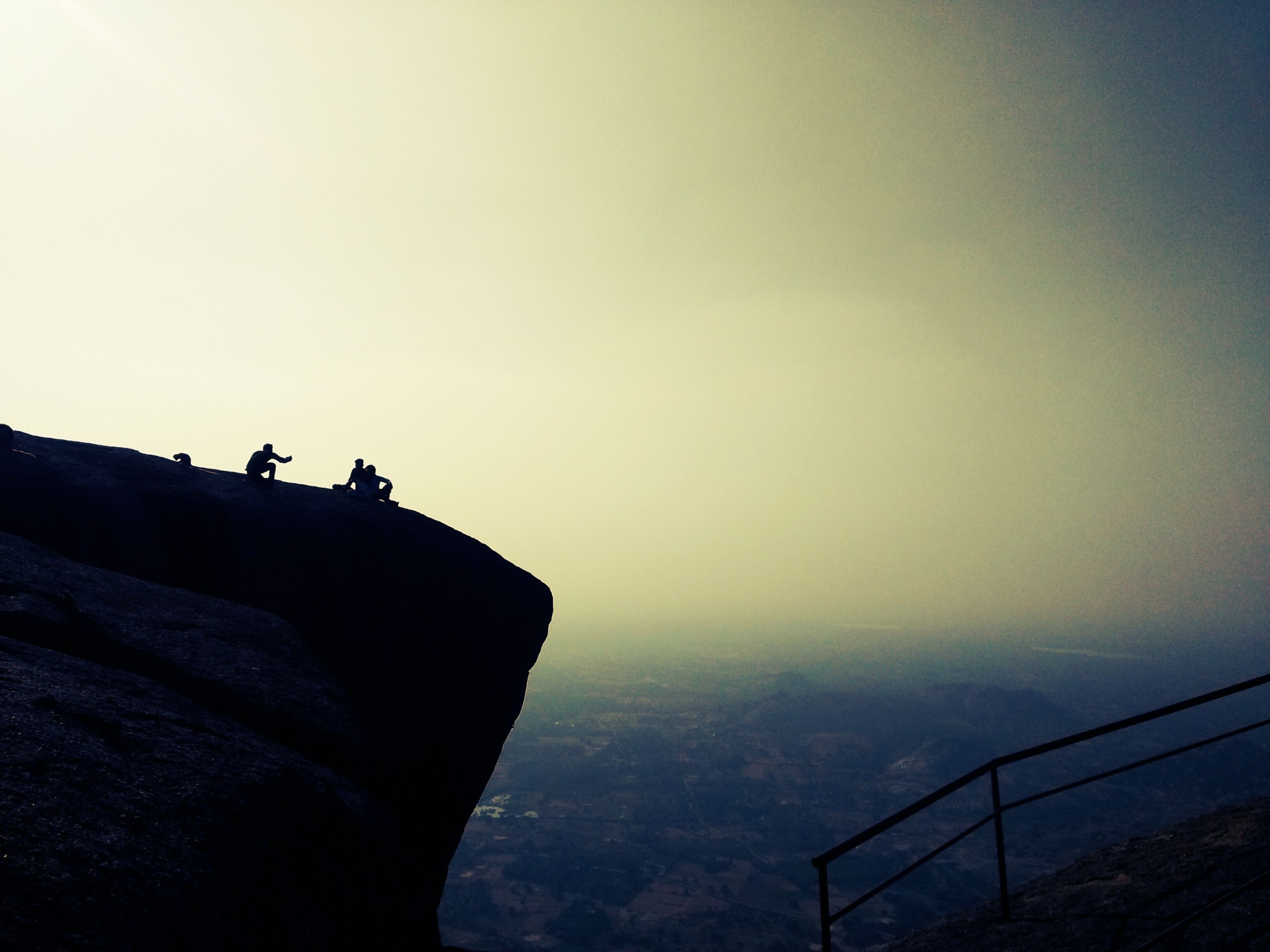Photo by Michal Mrozek on Unsplash
Change is a common word in our lexicon. It is a word we use every day. We change our clothes or our minds. We have a change of heart. We change the channel or a light bulb. We change jobs. We need a change of pace or a change of scenery. We yearn for change when it feels like something we want (getting in better shape) and resist it when it threatens the comfort of our status quo (our favorite restaurant closes). We have a complicated relationship to change.
All transformation will involve change, but not all change will be transformational.
Change is something that happens continually. From the moment of our conception we are in the process of change, even when it is invisible to the eye. We develop, we grow, we age. Every day we slough old cells and grow new ones in our bodies. The same kind of change is also a constant in the world around us. Just as human beings go through the process of birth, growth, and death, so does all nature around us. The constant in the universe is change.
Transformation, on the other hand, is something more subtle and, I think, much less common. . What is transformation really? How will we know it when we see it? What is the experience of transformation? I will be attempting to share some of my understanding of transformation in the next few blog posts. For now, I would like to contrast change and transformation to help us begin to have a felt sense of the difference between the two.
Change impacts what is already here.
Change seeks to impact what is already here either positively or negatively. Our New Year’s resolutions are about change. We desire to get healthier. More organized. More efficient or adept. We take something that is here and mold it into something better. We can also change for the worse. We can get less healthy. Start drinking too much. Waste our time rather than using our time in loving care of ourselves and the world.
The Covid-19 pandemic has brought about change for all of us. One of the ways that it has impacted me is that I was an avid gym class attendee. I adored my little neighborhood gym and was known and supported by a group of committed exercisers that met most mornings at 8 a.m. At the start of the pandemic, I was attending class every week day. I loved my routine and my health. I was positively impacting my body, mind and spirit by consistently moving my body in challenging ways.
My gym stayed open during the pandemic, but I didn’t feel that I could attend safely. What resulted was that I didn’t adopt new home habits, I just pretty much stopped exercising while I waited for the gym to reopen. I walked the dog and did my yoga occasionally. You can probably guess what change resulted from that. I lost energy, stamina and strength. I gained weight. I wasn’t motivated to eat in healthy ways. Finally, I was notified that the gym was going to shut down permanently. My gym was not going to come back and save me from my new bad habits. To change back to the way I was before required me to act. To make a plan and stick to it. I’m happy to say that I am finding my way back into fitness and improving energy.
Transformation unfolds what will be.
In transformation, in some sense, we are acted upon. We are unfolded. I am totally responsible for myself becoming more fit. No one did that for me. However, most people who undergo even a modest amount of transformation have a sense not that they have transformed themselves, but that they have been transformed. And those of us who have experienced profound transformation are very sure that only grace could be responsible for such a remarkable shift in our way of being.
The classic metaphor for transformation is the caterpillar that metamorphosizes into a butterfly. By instinct, the caterpillar spends the first phase of its life eating. It eats and eats and eats until it reaches 100 times its original size. This is its phase of change. And then, somehow, the creature knows that it is time to stop. It creates a protective shell around itself, the pupa. Once the pupa is created, the work of the caterpillar is done. Now, all there is to do is to simply allow the transformation of itself into a butterfly. It can do nothing at all to help this work along.
We do the work of “change” throughout our life. Just like the caterpillar eats to grow and become larger, we take on more and more self identities in our lifetimes. We grow up and become something. A teacher, a rocket scientist, a cook or cleaner. We become lovers and partners. We become parents. We become successful financially. Or things go the other way. We become separated or divorced. We become over indebted. We lose our job or realize our career doesn’t fit any more. All of these things, whether we view them negatively or positively, form our self identities. They show the world and also ourselves, who we are.
Somewhere, in the second half of our journey, we come to a place where there is a deep call and a deep knowing that there is something more than the type of change that creates better and stronger identities. There is drawing toward transforming. Mostly we don’t know it by that name though. Mostly, we know it by the longing we feel that there is something more, much more, to our life.
The second half of the journey, doesn’t refer to chronological time as though it happens when we are halfway to growth or maturity. I know people who are moving into transformation in their 20’s. And plenty of 80 year olds who will never discover it. The truth is, most people never actually begin the second half of the journey. Most never desire true transformation nor can they imagine it. Though I do believe that many, who arrive on the threshold of the second half never actually experience transformation because they continue to apply the ego lessons of the first half of the journey. They keep trying to change themselves. What they really must do is to take a lesson from the caterpillar. They must let go. Relax. They must let Grace unfold them just as surely as it unfolds a butterfly.
Photo by Michal Mrozek on Unsplash




0 Comments
By hd
I?m satisfied, I must claim. Actually seldom do I come across a blog site that?s both enlightening and also entertaining, and let me tell you, you have hit the nail on the head. Your concept is impressive; the concern is something that not nearly enough people are speaking wisely about. I am really satisfied that I stumbled across this in my look for something associating with this. Shannon Hibdon